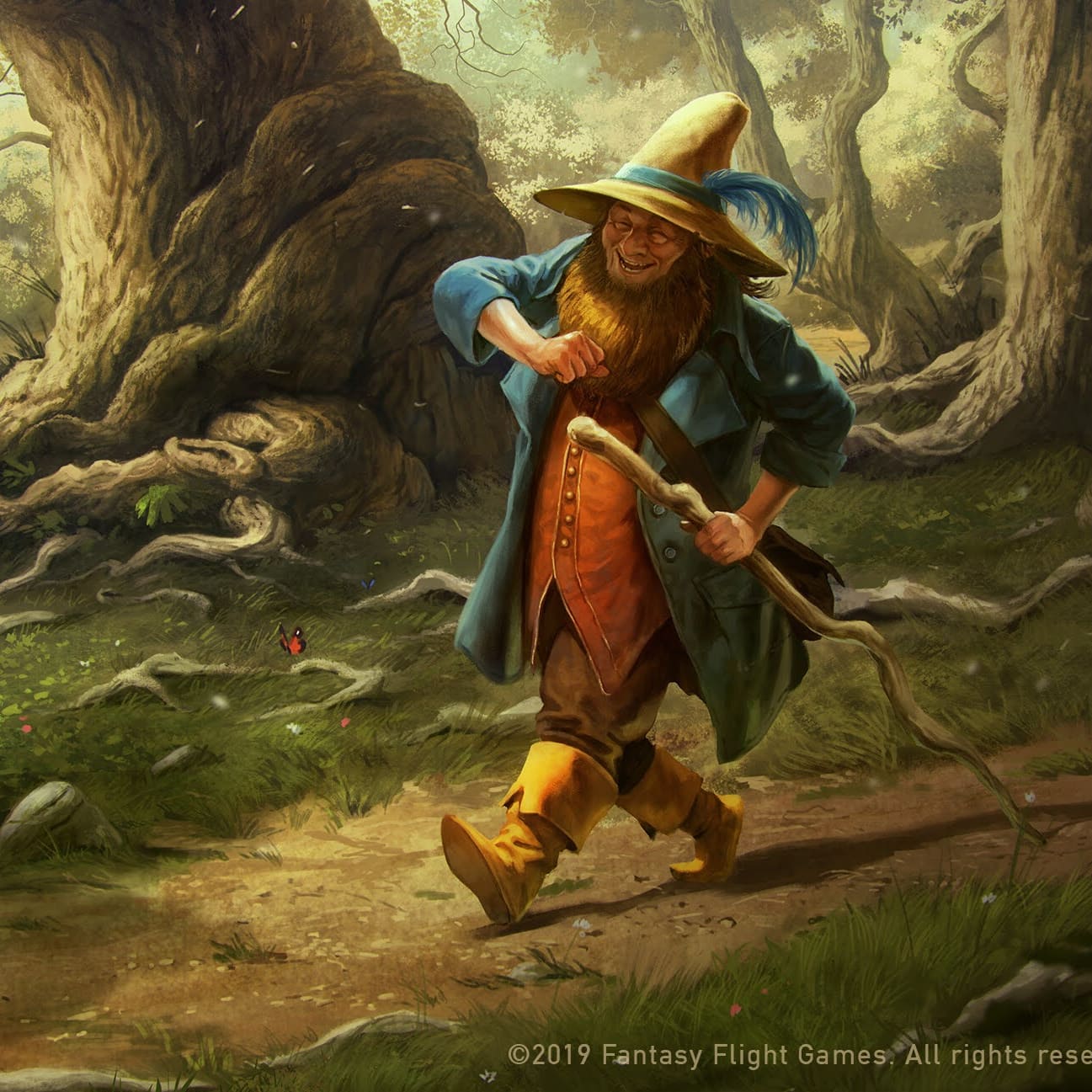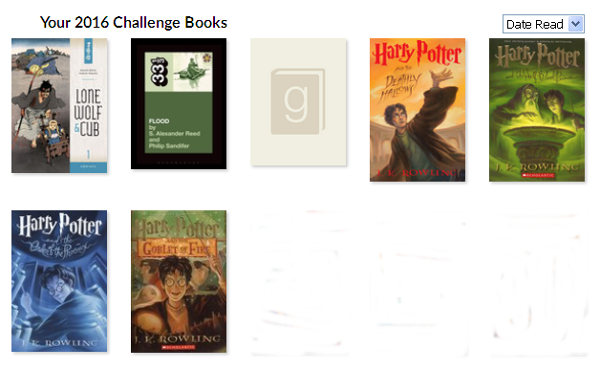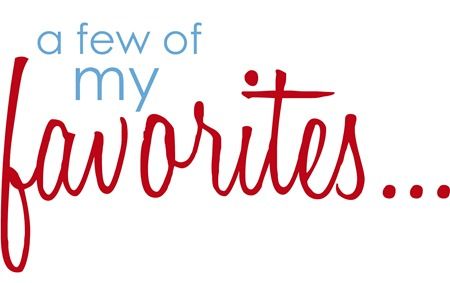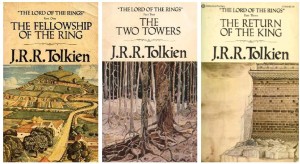Or at least be careful when you read it. I finished it a few minutes ago, and it nearly did me in.
Somehow, I’d made it to nearly 50 without reading this classic work of American literature. In case you don’t know much about it either, it’s a story about a family who flee Oklahoma during the Great Depression to head to California, where they’ve heard there’s plenty of work. The novel details both their trip across the country and what happens to them when they reach the promised land. It’s incredibly dark, although there are also moments of real beauty mixed in. Sadly, the book’s leftist politics probably seem even more radical in 2022 than they did in 1939, although that’s likely more true for people older than I am than it is for younger folks.
Anyway, I should have put it down as soon as I realized where it was headed. I’m at a place in my own life where I’m crashing in someone’s spare room because it’s too cold to sleep in my van. I’m working part-time on the radio as I apply for job after job and hear nothing in return. I’m scared about the future, depressed about the present, and regretful of the past. In short, I’d fit right in with the Joad family at various points in the book. (And to carry the comparison a bit further, I do, like the Joads, sometimes find glimmers of hope.)
I’ve read three books by John Steinbeck: Travels With Charley (which turned out to be largely fiction, rather than the real travel narrative it appears to be); Cannery Row, which I loved despite its darkness; and now The Grapes of Wrath, which I imagine I’ll look back on someday with fondness. It’s easy to pass up the Great Writers. The ones you’re supposed to read. The canon. But they’re often GWs for a reason, and that has certainly been my experience with my limited reading of Steinbeck. The man can write a damn sentence, and he can reach right in and yank your heart from your chest whenever he feels like it.
It’s terrifying to read a book set during a time called “the Great Depression,” a time synonymous with darkness and poverty and pain, and see in it the familiar sights and sounds and stories of our era, more than eight decades later. This is a book to be read from the safety of your own home or apartment, the novel propped on your tummy as a cup of tea cools on the end table beside you. To read it when you yourself are in a state of turmoil is to add fuel to a fire that would be better extinguished.
This is all sounding quite dramatic, I’m sure, but I’m feeling quite dramatic. My life has slid rapidly downhill in the two years since my partner and I split up and I started living in a van, and no amount of pithy Instagram wisdom or TikTok psychology is enough to paint a rosier picture. On my best days I can imagine the little studio apartment I’ll have in some small, warm town where I talk on the radio and meet someone who cares about me. But a lot of the time I feel like the Joads, looking toward the promise of endless fields of fruit and cotton but finding that you’ve just taken the hardship with you.
So look, I’m not really telling you not to read The Grapes of Wrath. I’m just saying that it’s a heavy book and if you’re not careful it will make it hard for you to breathe. Perhaps that’s the best compliment I can pay to Mr. Steinbeck. Consider yourself warned.
One Comment
 I came across this book at Bookmans in Tucson during our apartment-hunting trip a couple weeks ago. I’d never heard of the book or of Soshin O’Halloran, but I’m an admirer of books about the lives of Buddhist monastics and other practitioners. Pure Heart, Enlightened Mind is a collection of diary entries and letters published after O’Halloran’s death in a car accident at the age of 27. She was on a tour of Asia following three years as a Buddhist nun in Japan. It’s a lovely book; honest and forthright and brimming with zeal for her newfound Buddhist practice. At times the focus on kensho (englightenment) was a little much for me, but that’s because the flavor of Buddhism I practice doesn’t emphasize that aspect of Zen to the extent that Soshin’s did. It’s a worthwhile book, made bittersweet in the knowledge that she died just weeks after receiving transmission and being given permission to teach.
I came across this book at Bookmans in Tucson during our apartment-hunting trip a couple weeks ago. I’d never heard of the book or of Soshin O’Halloran, but I’m an admirer of books about the lives of Buddhist monastics and other practitioners. Pure Heart, Enlightened Mind is a collection of diary entries and letters published after O’Halloran’s death in a car accident at the age of 27. She was on a tour of Asia following three years as a Buddhist nun in Japan. It’s a lovely book; honest and forthright and brimming with zeal for her newfound Buddhist practice. At times the focus on kensho (englightenment) was a little much for me, but that’s because the flavor of Buddhism I practice doesn’t emphasize that aspect of Zen to the extent that Soshin’s did. It’s a worthwhile book, made bittersweet in the knowledge that she died just weeks after receiving transmission and being given permission to teach. This is easily one of the most powerful books I’ve ever read. Multiple times throughout this story of the climate crisis and the people fighting it, I had to set the book down and process what it made me feel. By the end it was as if a fire had been lit in my chest; a flame fueled by rage, a need for justice, a sense of crisis, and an overwhelming feeling of love. We need this book, but more importantly, we need to follow the lessons contained within it. I’ve been an organizer, often professionally, for my entire adult life. I’ve spent most of that time doing labor and anti-war organizing. In recent years I’ve been feeling a need to shift the focus of both my organizing and my broadcasting/podcasting work. What We’re Fighting For Now Is Each Other helped me sharpen that focus and prepare for the next phase of my life’s work. Highly, highly recommended. You can
This is easily one of the most powerful books I’ve ever read. Multiple times throughout this story of the climate crisis and the people fighting it, I had to set the book down and process what it made me feel. By the end it was as if a fire had been lit in my chest; a flame fueled by rage, a need for justice, a sense of crisis, and an overwhelming feeling of love. We need this book, but more importantly, we need to follow the lessons contained within it. I’ve been an organizer, often professionally, for my entire adult life. I’ve spent most of that time doing labor and anti-war organizing. In recent years I’ve been feeling a need to shift the focus of both my organizing and my broadcasting/podcasting work. What We’re Fighting For Now Is Each Other helped me sharpen that focus and prepare for the next phase of my life’s work. Highly, highly recommended. You can 

 I finished Brad Warner’s
I finished Brad Warner’s 



